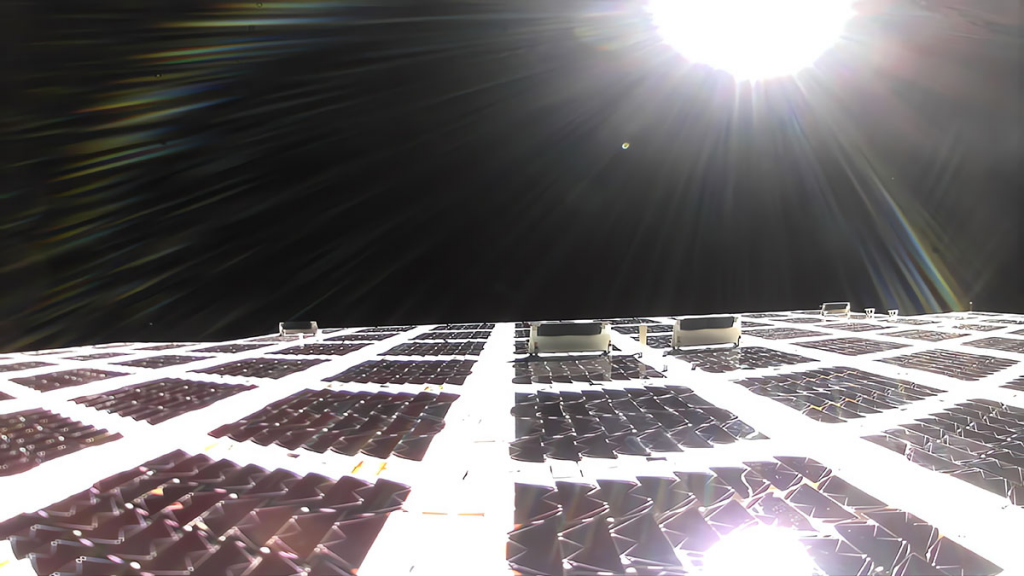Putting more satellites into space brings with it technological and scientific achievements as well as possible issues.
On November 28, 2022, the International Astronomical Union Center for the Protection of the Dark and Quiet Sky from Satellite Constellation Interference (IAU CPS) issued a statement expressing its worries. According to an IAU press release, the newly launched prototype BlueWalker 3 satellite could have severe impacts on astronomy.
According to new observations, the low-Earth orbiting satellite is now one of the brightest objects in the night sky, outshining all but the brightest stars.
According to the IAU CPS, even the brightest stars can now be outshone by the satellite’s light.
“BlueWalker 3 is a big shift in the constellation satellite issue and should give us all reason to pause,” says Piero Benvenuti, the Director of the IAU CPS.
“It’s like exactly what astronomers don’t want,” astronomer Meredith Rawls, from the University of Washington in Seattle, told Science. “It’ll show up as a super bright streak in images and potentially saturate camera detectors at observatories.”

The BlueWalker 3 is an outstanding piece of hardware. Its 693-square-foot (64-square-meter) antenna array is the largest commercial array in low Earth orbit, capable of reflecting significantly more light than, say, SpaceX’s Starlink satellites.
The parent firm, AST SpaceMobile, intends to launch more than 100 satellites by the end of 2024, several of which could be larger than BlueWalker 3. Scientists are concerned about this.
Furthermore, the satellite’s utilization of terrestrial radio frequencies presents radio astronomy with a new problem.

“Frequencies allocated to cell phones are already challenging to observe even in radio-quiet zones we have created for our facilities,” says Philip Diamond, Director-General at the Square Kilometer Array Observatory, headquartered in the UK.
“New satellites such as BlueWalker 3 have the potential to worsen this situation and compromise our ability to do science if not properly mitigated.”
Representatives from the IAU CPS and its partners agree that satellites have the potential to boost global communications. Still, they want additional discussions about the “equitable and sustainable usage of space.”
The Federal Communications Commission (FCC) of the United States is in charge of regulating communications networks both domestically and internationally. It has declared plans to create a space office, but in the meantime, discussions between the IAU CPS and AST SpaceMobile have already begun.


